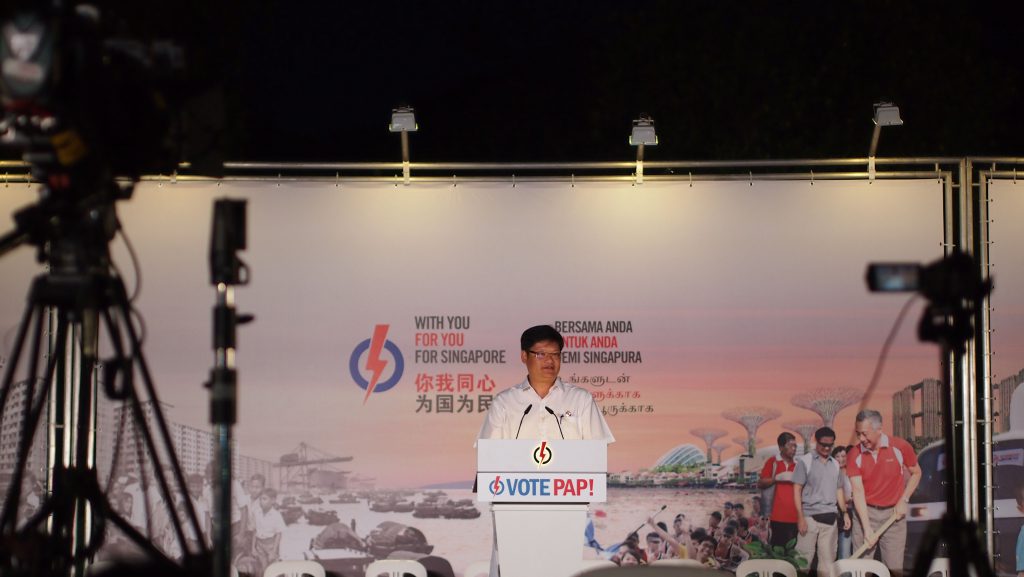Illiberal democracy and the future of opposition in Singapore
July 18, 2017

One of the perennial questions asked concerning Singapore politics is that of the present and future role of the opposition. It is a question of ever increasing importance as the Old Guard of the ruling People’s Action Party (PAP), so long known for its cautious – and some would say
restrictive – approach to governance, has begun to fade into the political backdrop. In his article ‘Illiberal democracy and the future of opposition in Singapore’ (Third World Quarterly, 2000), Dr. Hussin Mutalib (formerly from the Dept of Political Science) nonetheless sheds light on several important aspects of Singapore’s political landscape that the opposition can make use of in order to better influence on the country’s future.
The first of these is an understanding of the PAP’s philosophy of what he calls ‘illiberal democracy’, and the way in which its continued competent performance are used in tandem to impede the opposition. Mutalib then seeks to show that the PAP is not, as some may think, monolithic or invincible – that there are still cracks and fissures which have been less talked about. Nonetheless, he presents part of the party’s history, whether they be the large-scale schisms that birthed the dominance of former Prime Minister Lee Kuan Yew’s faction or those that in modern times have seemed too small and insufficient to break the party’s united front.
He then reflects on the changing economic landscape of the world at large and the fact that a heavily-structured system like Singapore’s may prove ill-equipped to react well to these changes. He points out that should opposition parties reform themselves in order to take advantage of the fractures that will likely arise as the Old Guard fades out and the government faces these new challenges, he believes that they stand a good chance in increasing their relevance within the country’s political future.
To learn more, click here.
